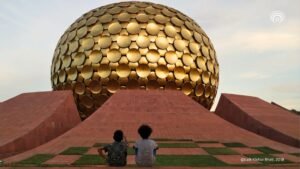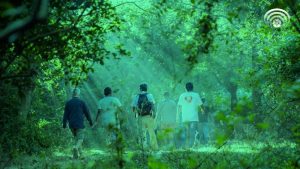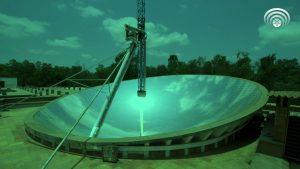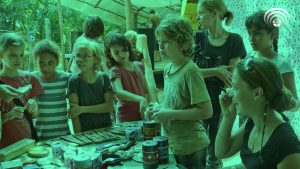Auroville was founded with the aim of promoting sustainable living, human unity, cultural diversity, and spiritual growth. Over the years, the community has grown and evolved, and there have been debates and discussions on how best to balance the need for development with the original principles of the township. In this context, exploring alternatives for sustainable development approaches is crucial for the future growth and evolution of Auroville.
One potential approach is to focus on regenerative development. This approach emphasizes the need to build and operate in ways that restore and enhance ecological systems, social structures, and economic systems. By prioritizing regeneration over consumption, Auroville can achieve sustainable growth that benefits both the community and the environment. This could involve using natural building materials, implementing sustainable waste management practices, and supporting local agriculture and biodiversity conservation efforts.
Another approach is to adopt a circular economy model. This approach focuses on reducing waste and minimizing the use of non-renewable resources by recycling and reusing materials. By adopting a circular economy model, Auroville can reduce its environmental impact while also creating economic opportunities. This could involve implementing a system of waste segregation and recycling, encouraging the use of renewable energy sources, and promoting the development of sustainable businesses.
In addition, Auroville could explore the concept of eco-districts. An eco-district is a community-scale development that aims to integrate social, economic, and environmental sustainability principles. By adopting an eco-district model, Auroville could create self-sufficient, sustainable neighborhoods that promote healthy living and community engagement. This could involve developing walkable neighborhoods, implementing green infrastructure such as rain gardens and bioswales, and promoting the use of sustainable transportation options such as cycling and public transport.
Lastly, Auroville could focus on developing a culture of sustainability. This involves promoting sustainable behavior and values among the community members, and creating a sense of ownership and responsibility towards the environment. This could involve organizing workshops and events on sustainability, promoting sustainable lifestyle choices, and involving the community in the decision-making process regarding development and conservation efforts.
It is important to note that there is no one-size-fits-all solution to sustainable development, and Auroville will need to adapt and evolve based on its unique circumstances and needs. However, by exploring alternatives and adopting innovative approaches to sustainable development, Auroville can achieve its goal of promoting sustainable living, human unity, cultural diversity, and spiritual growth while also protecting the environment and ensuring the well-being of its residents.
In conclusion, Auroville’s growth and evolution should be guided by principles of ecological sustainability, cultural diversity, and social justice. By exploring alternatives to traditional development approaches and adopting innovative models of sustainable development, Auroville can continue to thrive as a unique and vibrant experimental township that promotes sustainable living, human unity, cultural diversity, and spiritual growth.



